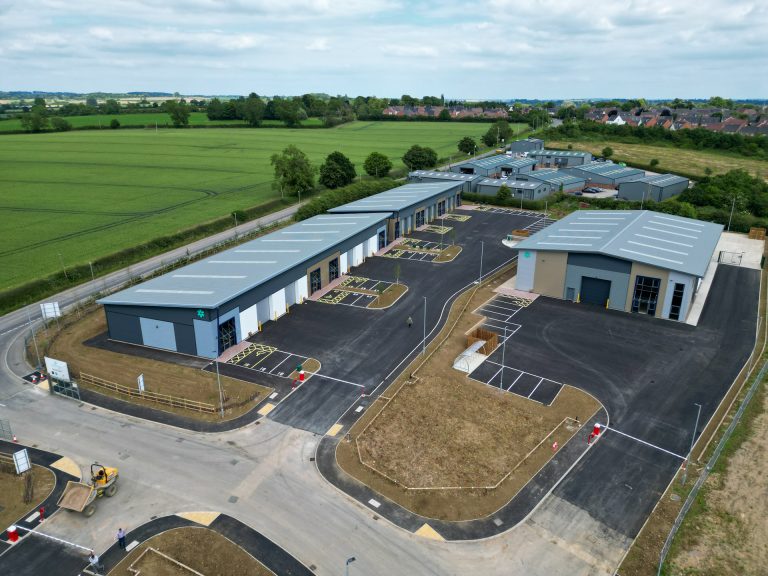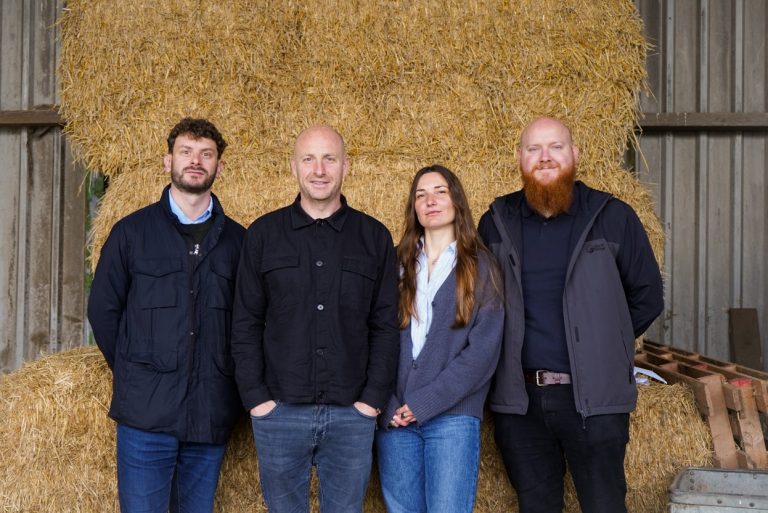ABB is investing more than £27m in a new facility in Nottingham to meet increased demand for Furse® earthing and lightning protection solutions.
The new site is expected to open in early 2025 and will integrate advanced technology, flexible automation, R&D and testing, and digital processes to boost production capacity and enhance efficiency and sustainability.
More than 100 employees will relocate to the new 9,500 sq m facility from the existing 6,300 sq m ABB Installation Products Nottingham foundry, which has continually operated for over a century in the area where Furse originated in 1893.
In addition to an expanded footprint, the site will be constructed in line with the BREEAM Excellent rating for sustainable building standards and include efficient equipment and technology, photovoltaic rooftop cells, electric vehicle charging stations, and processes centered on reducing waste and energy.
The space will be designed to support collaboration and training, accelerate R&D, and drive automation to serve European customers and increase available inventory globally.
Khalid Mandri, president, ABB Installation Products Division, said: “This important investment builds on 130 years of Furse technology, enabling us to remain at the forefront of earthing and lightning protection and deliver solutions that improve safety and reliability for our customers. “As part of our global growth strategy, we continue to expand our capabilities and capacity, further strengthening ABB’s manufacturing footprint and supply chain and regionalizing production of high-demand electrical solutions customers, installers and distribution partners need. “Building this site in Nottinghamshire further reinforces our commitment to the industries we serve and to the community where we have operated for more than a century and want to continue to be a leading employer.”ABB Installation Products currently has six locations in Europe in Belgium, France, Hungary, Italy, Switzerland and the UK where it employs more than 100 associates in Nottingham who develop, test and produce a broad range of Furse solutions.
The new campus will occupy nearly five acres in Fairham Business Park, within close proximity of ABB’s existing Wilford Road site and is accessible for employees, customers, suppliers and distribution partners.
“We are continually advancing solutions across electrification, and the earthing and lightning protection lifecycle. Our new facility is a leap forward in design and technology, positioning us for the future while enabling us to preserve resources and reduce energy and water consumption aligned with circularity and sustainability priorities across ABB’s operations,” said Andrea Castella, Europe region leader, ABB Installation Products.












